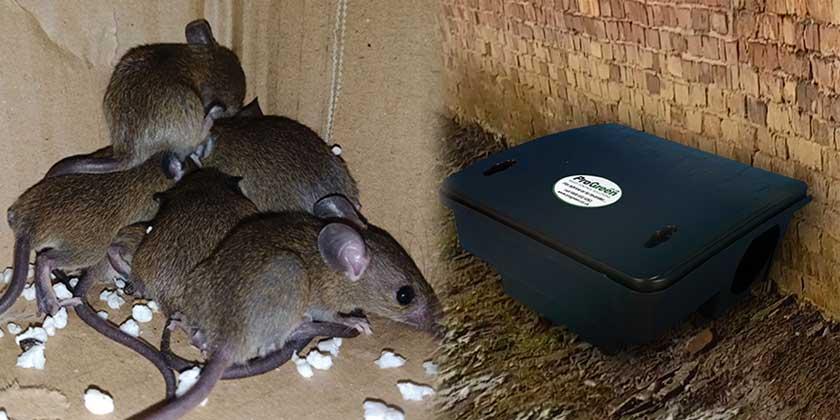Winter Rodent Control
Rats are a very intelligent rodent. Once they figure out a route, they will never forget it. Although for them this intelligence means they are able to survive better, for us it means that they are able to invade homes/properties stealing food and supplies with ease. The intelligence they have can make them very unpredictable causing them to be extremely difficult to control. During the winter months rodents are still active as they do not hibernate. Generally rats will build up their food stores and stock pile supplies to reduce the need to leave their burrows whilst it is cold. Alongside this, as a result of the cold weather, they often take shelter in warm places such as homes, barns or warehouses. As a result of this, rat infestations become more prevalent during this time of year.
What are the signs that you may have a rodent infestation?
- Finding nesting materials such as shredded paper or pieces of fabric
- The smell of rotting food coming from unusual areas could be a sign of their nests being nearby
- Chewed out holes in walls or floors to create entrances to their nests
- Rat droppings
What action can you take when it comes to controlling rats?
As rats will be searching to keep their food levels topped up during the winter, it is important to maintain bait stations due to the fact they will be actively looking for food so the bait is more likely to get eaten. Although it is important that these bait stations are stocked up, they must be kept secure and not accessible to non-target wildlife. Alongside this, other animals and wildlife will also be looking for food so it is essential that you keep an eye out for any dead rats as these would be ideal food for the like of owls, foxes to name a few. It is important that these rats are not eaten by wildlife as this would pass on secondary poisoning.
If you are using rodenticides it is important that you have the relevant qualifications as not only will this allow you to purchase and use professional grade products, it teaches you about the correct legislation and how to avoid product coming into contact with non-target wildlife. Our latest Rodent Management Course provides you with all of the knowledge you will need to pass your level 2 qualification and provide you with all of the information you need to control rodents safely.
As well as keeping bait stations maintained, you should also check hygiene standards around affected areas. Keeping environments clean and tidy will deter rats as they generally feed on leftovers and rubbish that they can find such as garbage, clothes, nuts, seeds and vegetables to name a few.
Other action that can be taken are:
- Emptying bins regularly and ensuring that lids are always locked tight
- If you have pets, only leave enough food out for them for one sitting at a time as if there is any food left over this could attract rats
- Keep environments organised as rats thrive in areas that are disorganised as it provides them with places to hide
For more information on rodent control, check out our blog on the CRRU (Campaign for Responsible Rodenticide Use) to learn about relevant legislations and regulations.
To view our range of rodenticides and make a purchase, explore here.





